I get that feedback is important, I just don’t want to hear it…
…thought everyone ever.
We get it. Feedback is a gift. But the last time I got a gift that made my stomach turn, I returned it to the sender and wrote a bad review on Amazon (#feedback), so I’m not really sure if this is the kind of gift I want.
‘Feedback’ is probably one of the most common words to be uttered in the workplace yet 99.9% of us are terrible at giving it and even fewer of us enjoy receiving it. And it’s because people are so bad at giving it that we hate receiving it. So we get stuck.
First and foremost, feedback needs a reframe. (Yes, get used to seeing the word “reframe” in every newsletter). Feedback is not a list of things people don’t like about you, or an exposé on how terrible of a person you are. Instead, it’s an insight into how you are being perceived by another person. It isn’t inherently good or bad, it just is. Like the weather. Ok there is bad weather (#humidity).
Acknowledging that feedback is simply information, we see that feedback can be both positive or constructive – signaling a behavior that we want to reinforce or keep doing, or something we want to fine tune or improve.
Remembering that it’s a window into the feedback giver’s preferences, we can take in a range of data points before determining how to move forward. What resonates with one person might not land with someone else – and that’s OK.
For folks struggling with delivering feedback, especially difficult feedback in the midst of all of the chaos, stress, and uncertainty happening right now, remember 3 things:
- Bring the love – A message delivered with empathy, real empathy, where you recognize that something might be hard to hear or disappointing, will always land better. Channel how the other person might be feeling based on all you know (or might now know) about their situation, and then turn up the empathy dial
- Be specific – whether it’s positive or constructive feedback, we need to know exactly what we did so we can stop, start, or keep doing that behavior. Giving a specific example and indicating what the impact was of that behavior (see the Situation Behavior Impact model for examples) gives the person something concrete to hold onto, and reminds them the feedback is not about who they are as a person, it’s about the behavior or the work.
- Don’t leave them stranded – hearing a piece of critical feedback can leave us unsure how to move forward. Don’t leave your team members unsure of how to move forward. Instead demonstrate how you will support their growth. Use the feedback conversation as an opportunity to deploy coaching skills, asking open ended questions encouraging them to think about how they might address it. Brainstorm ideas together and help set them on the right track as they make a plan.
Last, and most importantly, when delivering (or even receiving) feedback, check your biases. ALWAYS make it about the work, not the person or personality. Along with following these three tips, consider, am I finding the need to course correct because it’s not how I would have done something? Did this have an impact on the outcome or result? Even taking a few minutes to stop and reflect before delivering a message can help us bring the empathy.
Whether we’re struggling with giving feedback as a peer or manager, or finding ourselves avoiding or over-identifying with it as a feedback receiver, reframing our perspective on what feedback is (information), and then reminding ourselves it’s not about the person, it’s about the behavior, we start to be more open to delivering or hearing the message. If it’s hard to share the feedback, say that, name that. Be with the other person in the experience and you’ll see they’re so much more receptive to the message.
Let’s practice getting better at feedback! Looking to strengthen feedback skills across your managers; excited to build a team that is more resilient to feedback and (actually) eager to receive it? Email me at lia@liagarvin.com.


